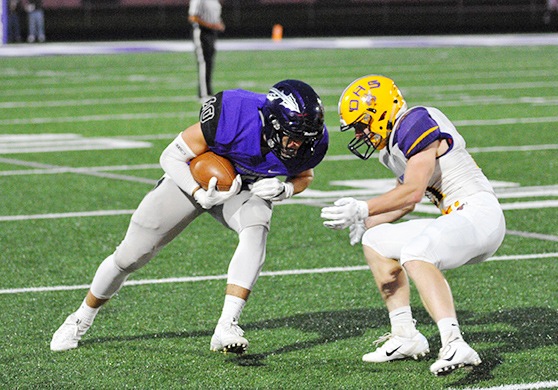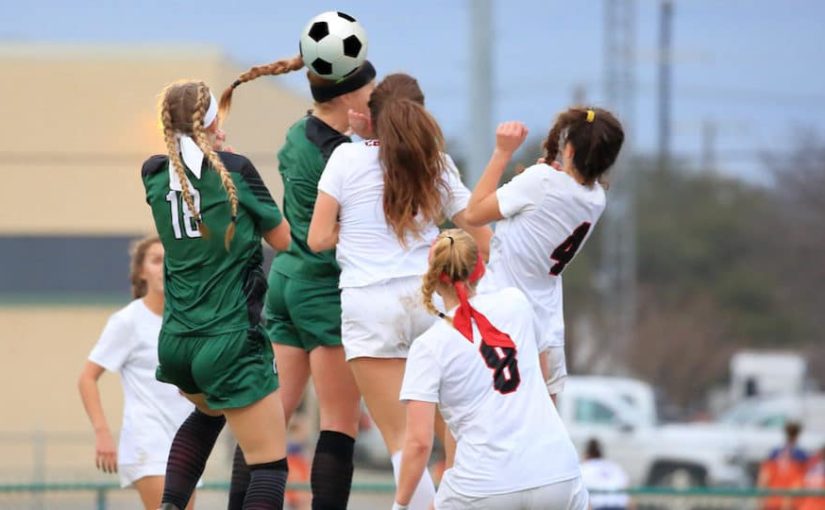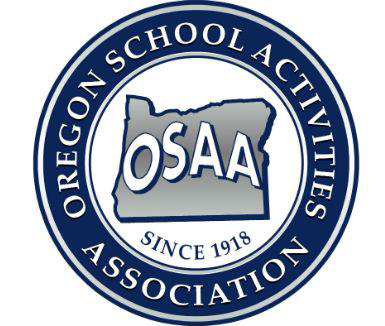What began as Board of Control rejection — for the second year in a row — of a request from the state’s basketball coaches to conduct individual workouts with certain restrictions during the summer led to a spirited discussion on one of those issues: Coaching contact with athletes during the summer in all sports.
That was one of several topics covered in the three hours of the Board’s summer meeting open to the media that acknowledged changes in the competitive landscape in youth sports and their impact on the organization governing the state’s high school athletes.
“I don’t know if I would describe it as a fork in the road, but it certainly is a spot on the trail,” WIAA executive director Dave Anderson said. “Every now and then, you want to (check) your bearings … and (ask) ’Are we going where we wanted to go?’ I know my own biases and I claim them and won’t impose them — I don’t have the authority to impose them — on this membership, but I want them to double-check themselves.
“Sometimes we wonder here in this office, as I said in the meeting, who is in charge? What is the over-arching philosophy? Who is determining that philosophy (in each individual school)? Questions are easy; answers are hard.”
That was clear during debate on the summer contact request from the basketball coaches as Board members spoke passionately on both sides of the issue, knowing a WIAA constitutional amendment on the issue — covering volleyball, football, hockey and basketball — could come before WIAA schools at the 2013 annual meeting.
Those in favor of relaxed contact rules agreed that summer is a more appropriate time for basketball coaches to correct skill flaws. And they believed it is better to give high school coaches the opportunity to do that, rather than force their players to find non-school instructors, often at a steep price.
“Take a look at golf,” Reedsburg athletic director Bryan Yager, the non-voting Wisconsin Athletic Directors Association representative to the Board, said of a sport that has unlimited summer contact. “When are golf swings corrected? They’re not corrected during golf season; they are corrected during the summer.”
Board member Keith Posley agreed, saying: “In the Milwaukee area, we know that our coaches are bright people working with our children vs. other individuals that just come in and work with our children on skill development. (They’re) not teaching things that need to be taught to children at that level.”
Those against the idea argued that unlimited contact in those sports would raise expectations among coaches and players to take advantage of it.
“I’m going to be generally opposed to additional contact,” Board member Brian Busler of Oregon said. “I have a high school student living under my roof right now and he’s involved in three different high school sports. Four times a week, we do basketball. Three times a week, we do football. And then he had to make the choice between golf and baseball, so he’s now a golfer. I just wonder if all these kids want to be involved at the level their coach (does).”
Later, in outlining likely topics for this fall’s WIAA Area Meetings, Anderson spoke to another disturbing trend brought to his staff’s attention this year: A notable decline in seniors on rosters at many schools in many sports.
“We understand the perspective that the best kids play and that sort of thing,” Anderson said. “They certainly permeate so much of the athletic world today. We’re asking if, as an educational community with athletics based on that moral and educational platform, if there is something maybe being lost as a result of eliminating seniors — not finding a place, not finding a role (for them) — and buying completely and wholeheartedly into that mentality, culture and attitude that the best kid plays and, if we’re equal, the youngest one goes ahead. If so, what is gained and what is lost in that?
“And, as you heard in (the meeting) on any of these big and deep issues, our members will be divided. But we think if we want to preserve school athletics and opportunities for the general population, it’s a conversation we might want to have before there is an even greater exodus of youngsters from school programs.”







